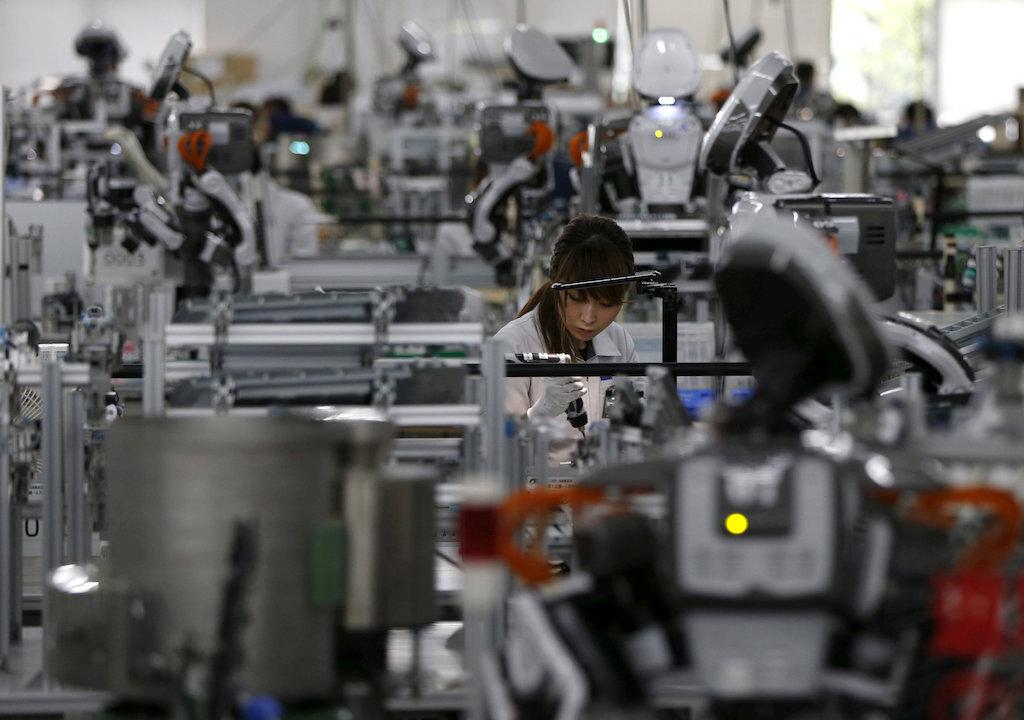TOKYO—Confidence among Japanese manufacturers rose in October from September and is expected to remain flat over the coming three months, a Reuters poll found, suggesting caution over the effect of global trade frictions on the economic outlook.
The monthly poll, which tracks the Bank of Japan’s (BOJ) closely watched tankan quarterly survey, found non-manufacturers confidence sliding to its lowest in nearly two years as recent natural disasters hit consumers and some firms hard.





